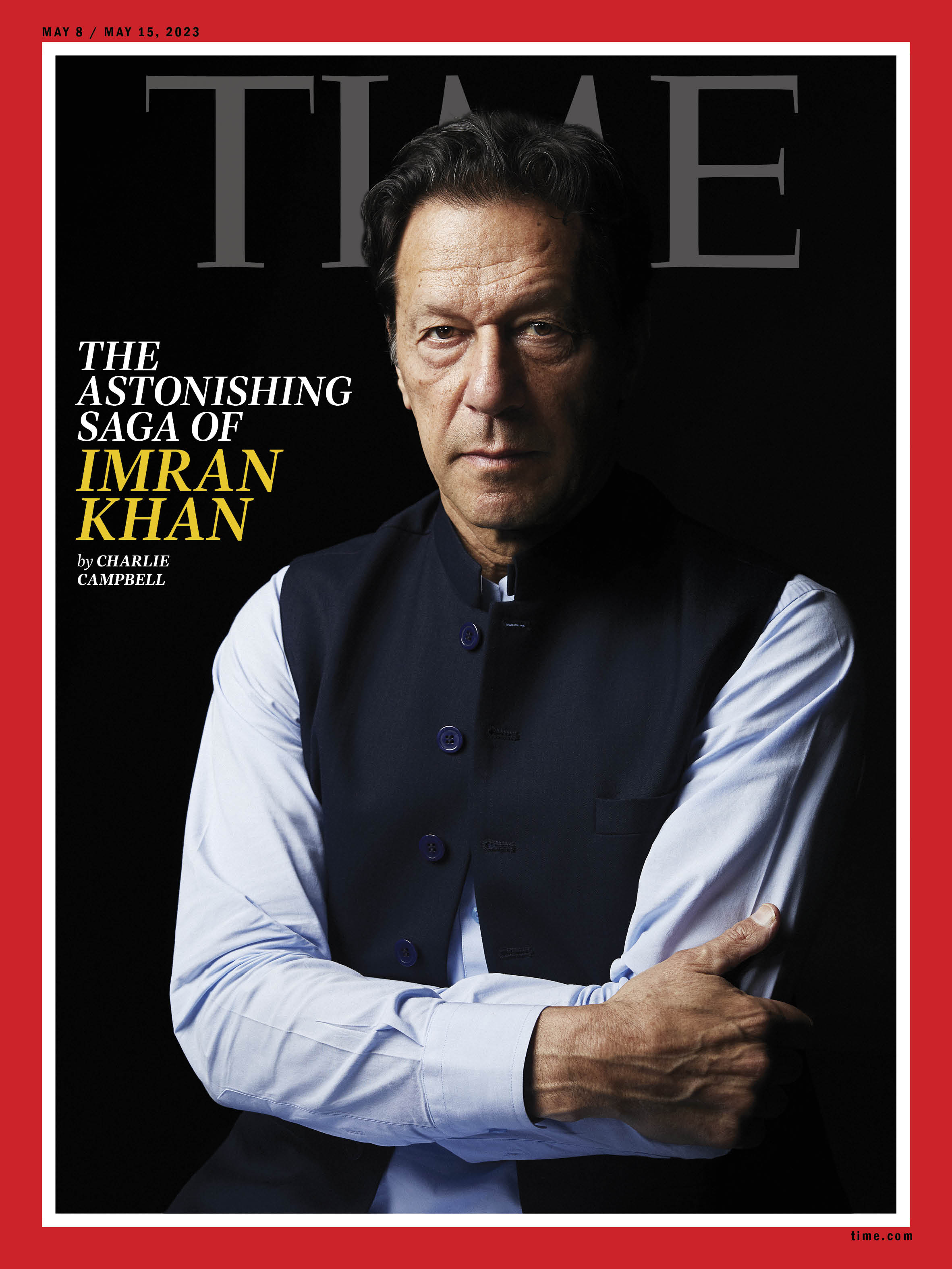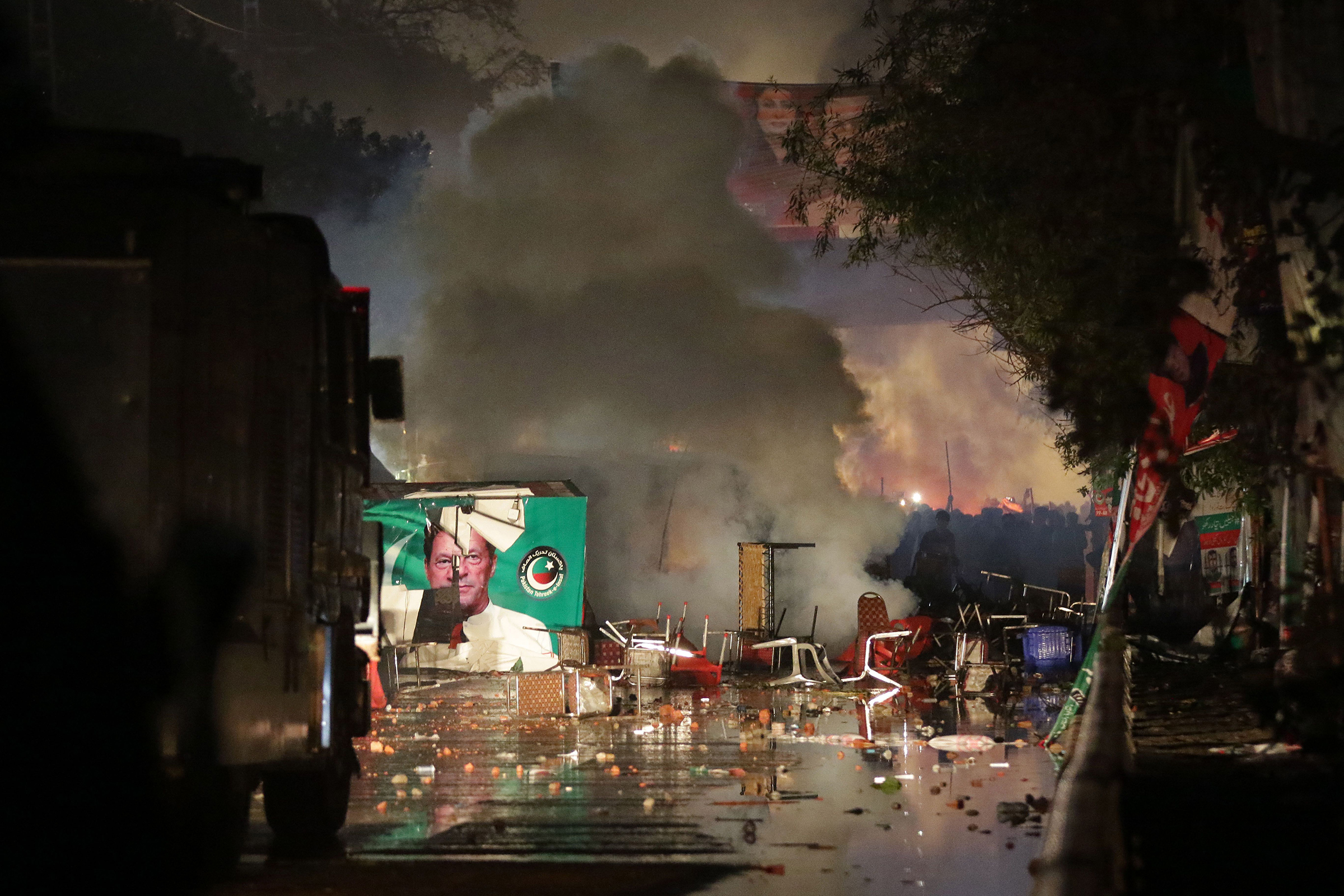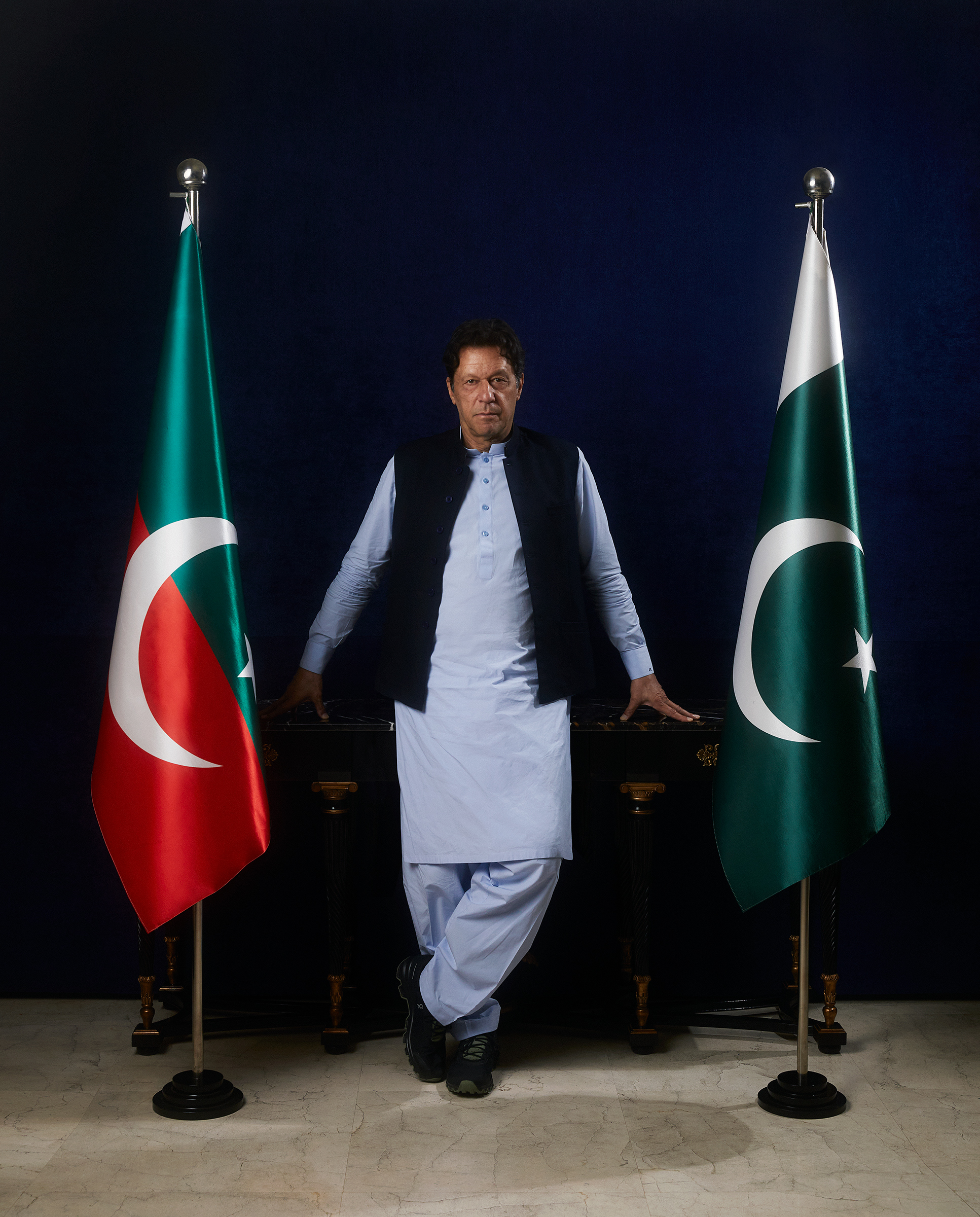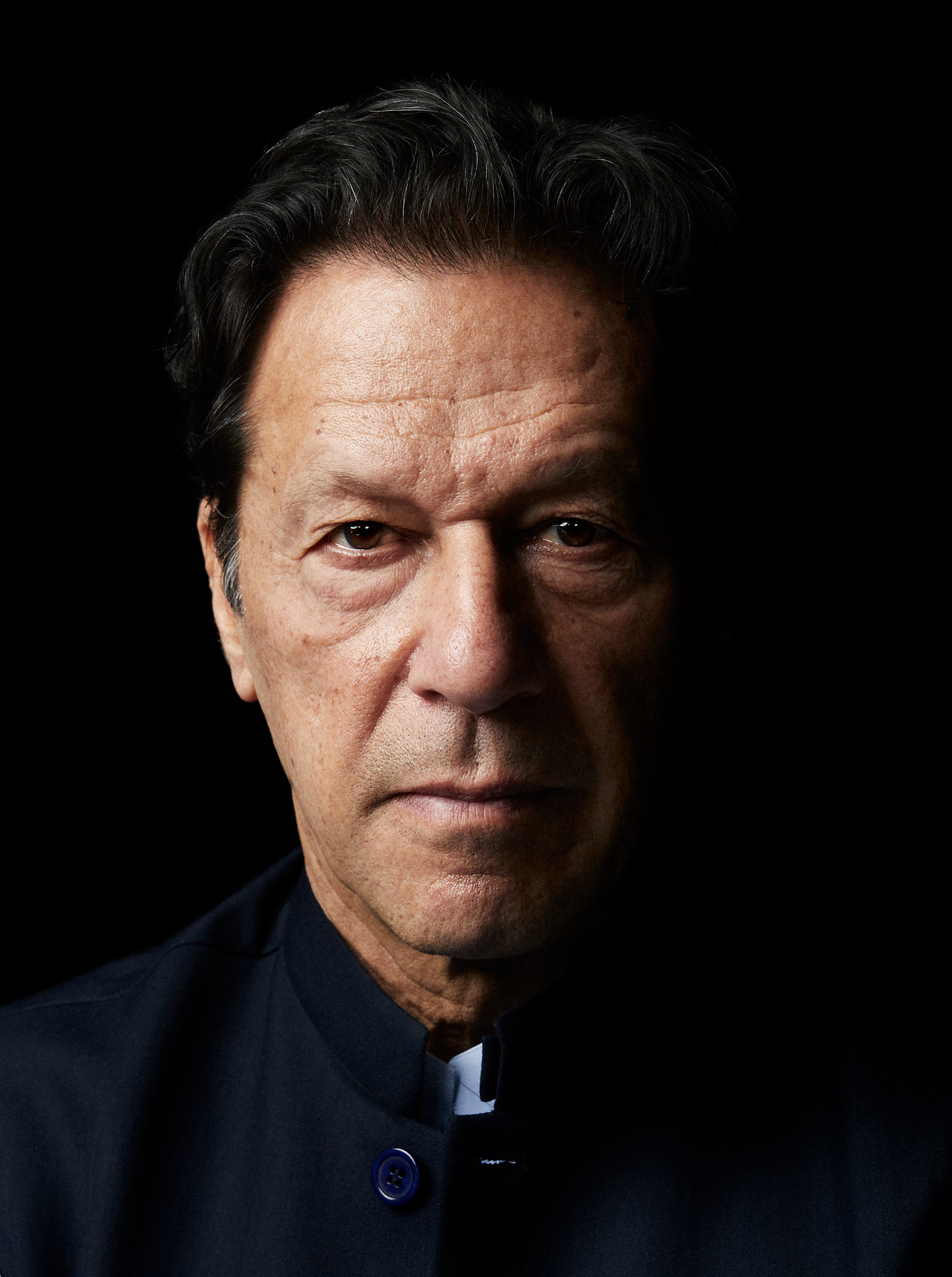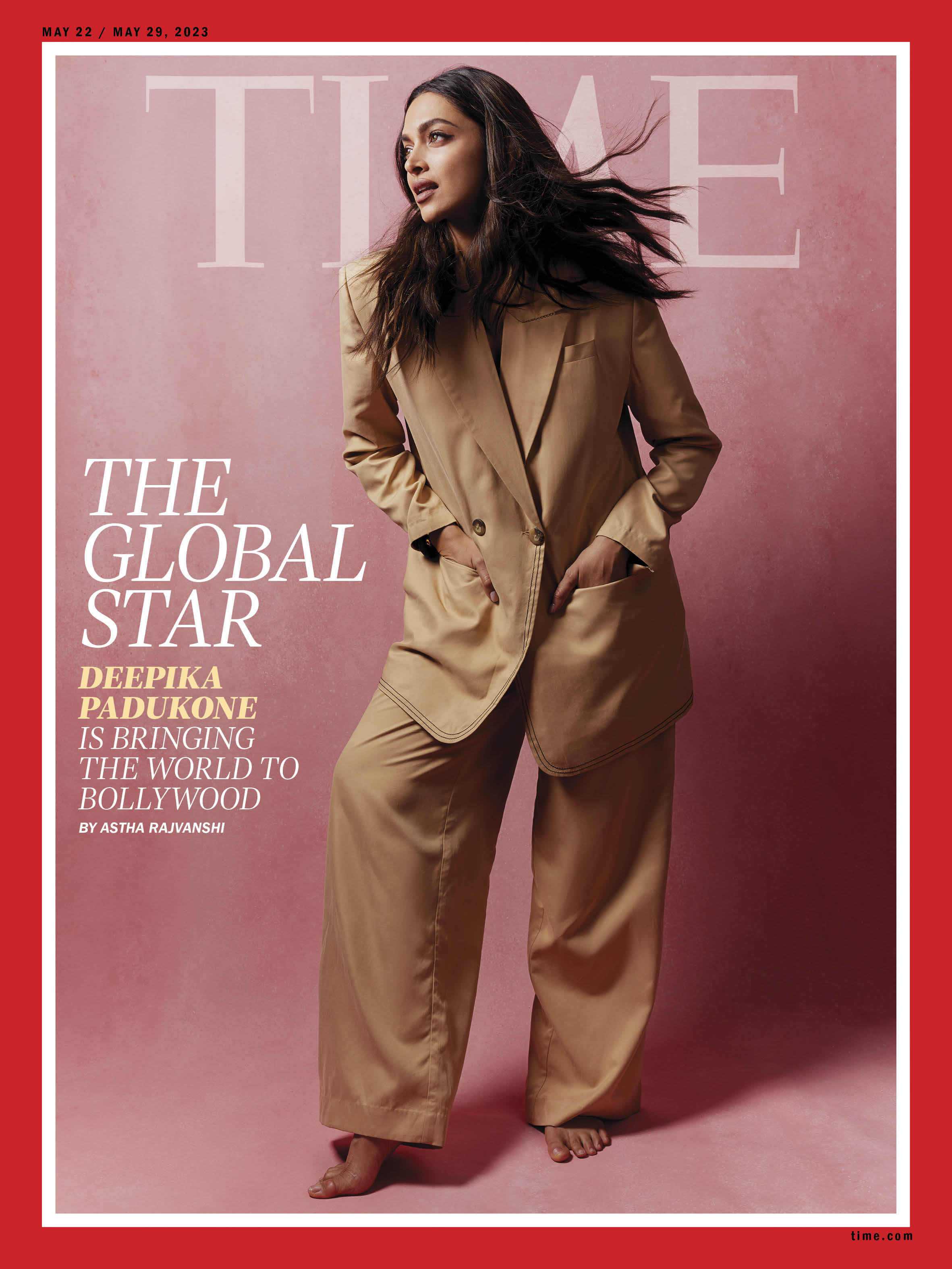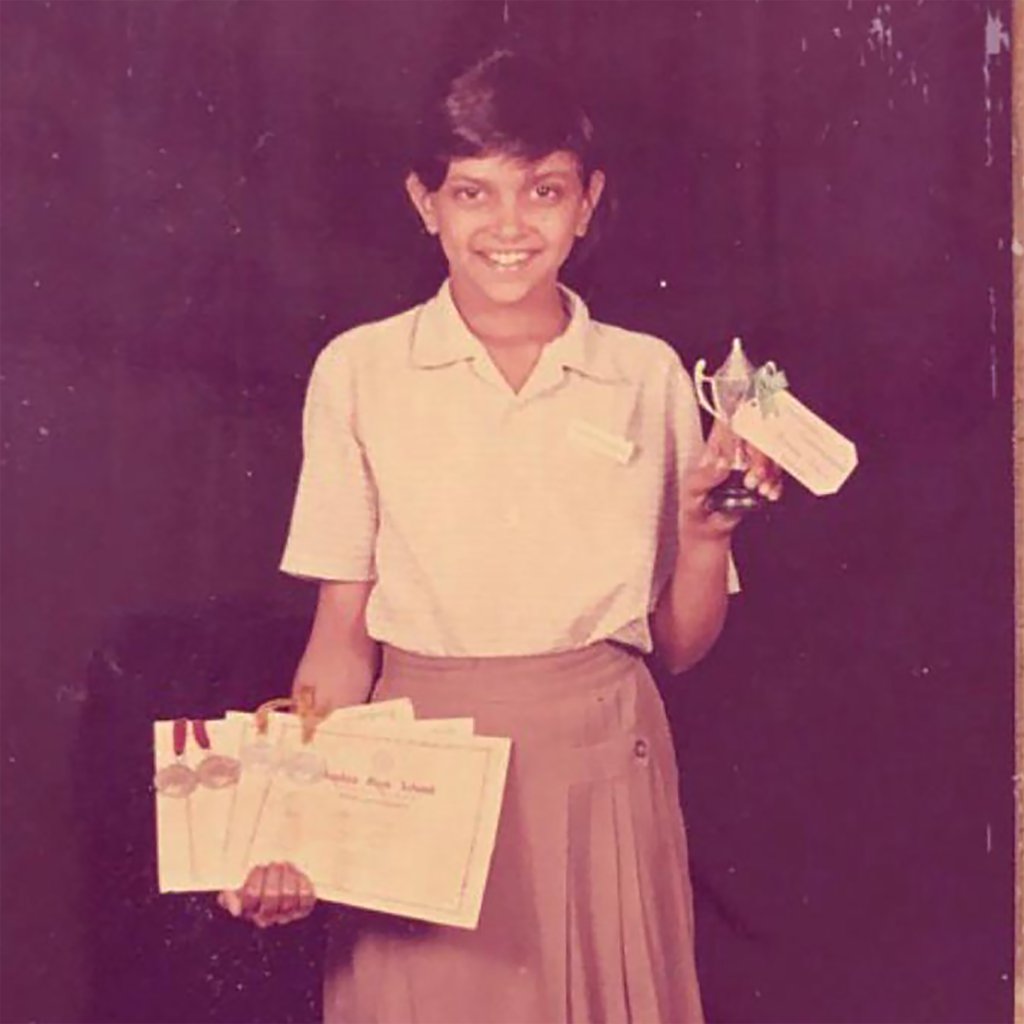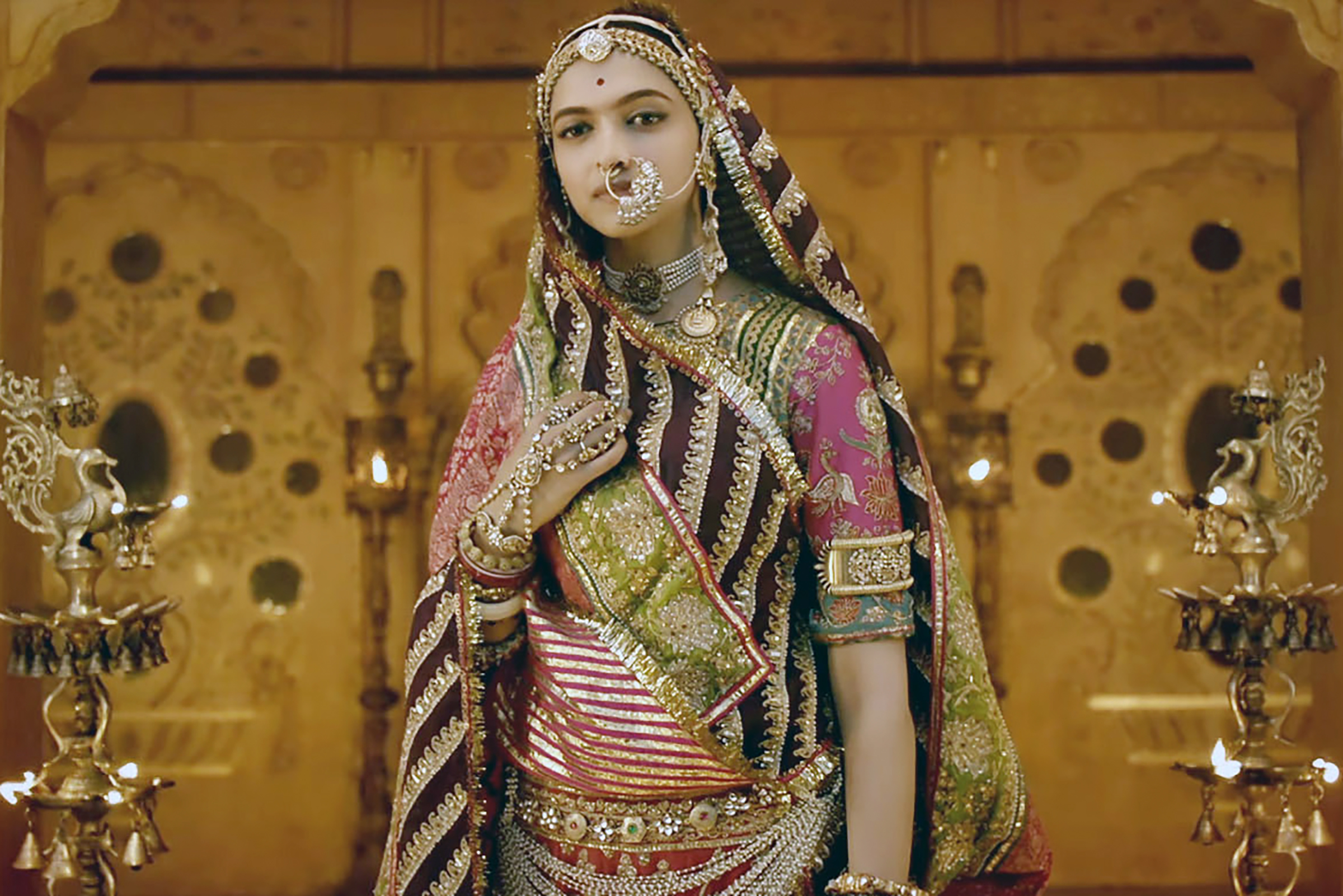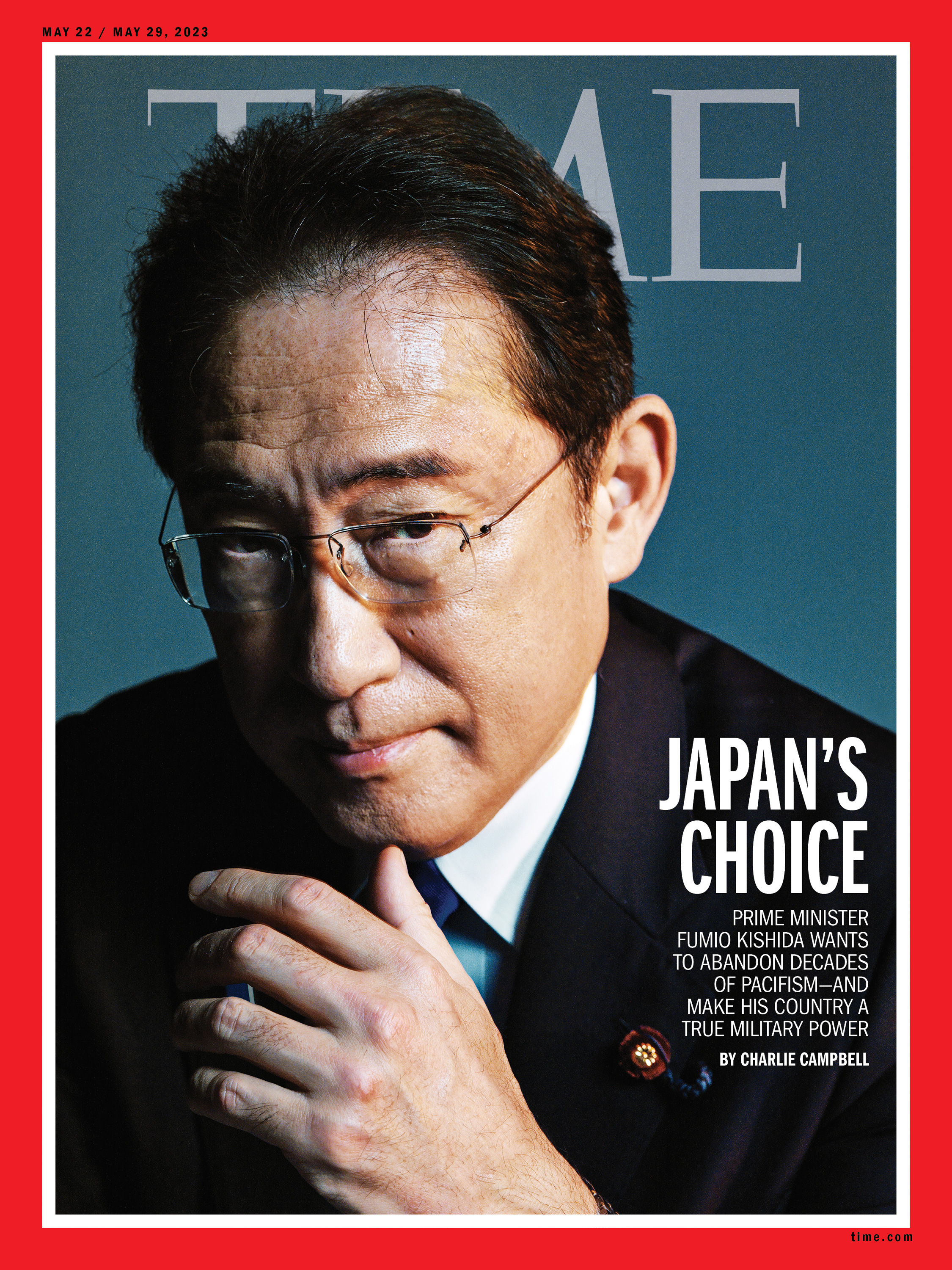The only full timer out of the 200,000 Nepalis in the US to work for Nepal's democracy and social justice movements in 2005-06.
Tuesday, August 29, 2023
Friday, August 25, 2023
Thursday, June 15, 2023
15: Imran Khan
cancel culture reaching new heights…
— ian bremmer (@ianbremmer) June 15, 2023
(…to modelo, owned by same company) pic.twitter.com/gcHBfwQjd8
Freelancing, how it started:
— Andrew Hoyer 👨🏼💻 (@andrewhoyer) June 14, 2023
1. Lost my job
2. A laptop and a plastic folding table
3. No clients, no projects
How it's going 13 years later:
1. A laptop, same folding table
2. Clients, freedom, community
3. New challenges every day
The secret: Keep showing up!
Time for a new startup!
— Norbert Jurga (@norbertjurga) June 14, 2023
I've used Excel for tracking my Net Worth for far too long at this point, I can do better than that 😅 and IMO there are solutions that are either too elementary or too complex for my needs.
📈 charts
👀 insights
🎯 goals
✨ simplicity
microsaas gets to $2k mrr
— Cody Schneider (@codyschneiderxx) June 14, 2023
68 customers
sells it for $100,000
1031 exchange into house downpayment
avoids taxes
now owns asset in a bubble
bubble keeps climbing bc fed keeps printing
they mint $1T coin
aliens come
the family moves to offgrid bunker
everyone wears white
Modi should cancel his proposed visit to USA because India is on fire at a number of places. Further the US has proposed nothing worthwhile on India’s national security issues. Vyapar should be left to Commerce Ministry. A PM should not go abroad at a drop of a hat.
— Subramanian Swamy (@Swamy39) June 15, 2023
People all around the world continue to be #ForcedToFlee.
— United Nations Geneva (@UNGeneva) June 15, 2023
Let's work together to stand #WithRefugees and people forcibly displaced.
⬇️ More in the #GlobalTrends report: https://t.co/JGwQhcTlci pic.twitter.com/wCpuj0v6aH
DeSantis signed a measure banning automakers from selling vehicles directly to buyers--except for Elon Musk's Tesla. https://t.co/pat4h9ihNg
— David Boaz (@David_Boaz) June 14, 2023
OpenAI's new function call feature for GPT is how people can apply nanny rails on their GPT-powered products. That said, how competent will be your custom nanny rail classifier? https://t.co/fNAYr48cak
— Carlos E. Perez (@IntuitMachine) June 15, 2023
Welcome to town, @ycombinator S23! ☀️ pic.twitter.com/MFUlwji53L
— edwin (@edwinwee) June 15, 2023
Antidepressant users per 1,000 people:
— World of Statistics (@stats_feed) June 14, 2023
🇮🇳 India: 9
🇱🇻 Latvia: 21
🇷🇺 Russia: 23
🇰🇷 South Korea: 27
🇭🇺 Hungary: 29
🇱🇹 Lithuania: 36
🇨🇷 Costa Rica: 39
🇪🇪 Estonia: 40
🇮🇹 Italy: 44
🇳🇱 Netherlands: 47
🇸🇰 Slovakia: 48
🇹🇷 Turkey: 48
🇫🇷 France: 54
🇱🇺 Luxembourg: 57
🇮🇱 Israel: 57
🇧🇷…
Interesting
— Elon Musk (@elonmusk) June 14, 2023
… attack on the military-industrial complex.
— Elon Musk (@elonmusk) June 15, 2023
The lobbying power of large government contractors is far higher than it should be for the good of the people.
I had never watched Tucker for 13 minutes before, or even three (on YouTube). This dude is doing wild numbers on Twitter. Twitter needs to balance this out. Get the Democracy Now lady on here also.
— Paramendra Kumar Bhagat (@paramendra) June 15, 2023
Guy breaks the Rubik’s Cube World Record pic.twitter.com/gYlw35uwz9
— Dudes Posting Their W’s (@DudespostingWs) June 15, 2023
काठमाडौं महानगरपालिकाका मेयर बालेन्द्र शाहले दक्षिण भारतीय फिल्म 'आदिपुरुष'मा समावेश ‘जानकी भारतीय बेटी’ हुन् भन्ने वाक्यांश नहटाए महानगरभित्र हिन्दी फिल्म प्रदर्शन गर्न अनुमति नदिने बताएका छन् ।https://t.co/QqtCirgdDH
— Onlinekhabar (@Online_khabar) June 15, 2023
If NVDA goes to ~$1000 then it will be the largest company in the world by market cap, bearing out Apple.
— matt.polygon ᵍᵐ 🦇 🔊 🇺🇦 (@matthewegould) June 15, 2023
दिल्ली संझौता धोका हो! राधिकापुरको बाटो पाउनै पर्छ, मौसम पुर्वानुमान केन्द्र फिर्ता गर्नै पर्छ-देखि चुच्चे नक्सासम्मको भारत बिरोधी ‘न्यारेटिभ’ को मुद्दति ब्याजको ट्रान्सफर अब डियर कमरेडहरूबाट लौरो तथा घण्टी तिर लाग्ने भो। मान्नुस् अब राजनीतिमा ‘शो म्यान’ हरूको युग आयो😄 pic.twitter.com/J4qh1wejNM
— Jp Gupta (@JpanandaJp) June 15, 2023
Toyota has finally woken up.https://t.co/3w51BqYEmY
— Noah Smith 🐇🇺🇦 (@Noahpinion) June 15, 2023
All of the corporate card startups are like, “we help you keep costs down and manage your expenses” but then make it 1-click to issue a card with a $10k/mo credit limit to every employee so you end up burning twice as much cash because of reckless spending
— Alex Cohen (@anothercohen) June 15, 2023
This is what $20M from @pmarca and others gets you! I am just glad we finally got a landing page out: https://t.co/QRB0m5LClg
— Bastian Lehmann (@Basti) June 15, 2023
next week’s economist cover, just a wee bit unhinged pic.twitter.com/WqKwFGS3Ty
— ian bremmer (@ianbremmer) June 15, 2023
Thursday, May 11, 2023
11: Imran Khan
"A Black Chapter": Pak Army On Violent Protests Over Imran Khan's Arrest Imran Khan Arrest: In a strongly-worded statement, the Pakistan military asserted that no one will be allowed to take the law into their own hands. .
Pakistan government, Imran Khan’s PTI agree on simultaneous polls Late-night talks between the ruling alliance and Khan’s party, however, end without any agreement on an election date. .
Satellite Images Show Massive Protests In Pak Over Imran Khan's Arrest Imran Khan appeared in court yesterday amid the violent nationwide protests over his arrest. .
Imran Khan says Pakistan’s economic crisis requires ‘surgery’ Former prime minister warns debt burden on low-income countries is unmanageable ........ the debt burden on low- and middle-income economies is becoming unmanageable. ....... “Whatever we do, when we look ahead, the debt is growing, our economy is slowly shrinking” ....... “From my party’s point of view, we’ve started thinking that we’re stuck.” ........ “We have to conduct surgery in Pakistan in the way we run our government.” ........ at the same time, our economy should not be choked so that our ability to pay debt goes down.” ........ Pakistan is an extreme example of the debt burden saddling low- and middle-income countries. Campaign group Debt Justice warned this week that poor countries were facing their highest bills for debt servicing in 25 years. Pakistan’s scheduled repayments on foreign public debts are equivalent to 47 per cent of government revenues in 2023 ......... “Once you start borrowing in dollars and you have to service your debt in dollars, if your dollar income doesn’t improve or increase, how are you going to then pay your debts? ......... “Unless we increase our dollar earnings to exports, I don’t see how we would be able to service any debts in Pakistan, whether it’s Chinese or Paris Club or commercial debts.” ........ Inflation rose to a historic high of 35 per cent in March, and the dwindling foreign reserves have created shortages of essential goods including medicine. ....... Even if Khan prevails, many analysts are sceptical he will have the political strength to overhaul Pakistan’s flagging economy. ...... “We have an economic structure which is globally uncompetitive,” said Abid Hasan, a former World Bank economist. “Some of it will have to be dismantled . . . You will require huge consensus. The PTI alone will not be able to do it.” .
Imran Khan on His Plan to Return to Power Political leaders often boast of inner steel. Imran Khan can point to three bullets dug out of his right leg. It was in November that a lone gunman opened fire on Khan during a rally, wounding the 70-year-old as well as several supporters, one fatally. “One bullet damaged a nerve so my foot is still recovering,” says the former Pakistani Prime Minister and onetime cricket icon. “I have a problem walking for too long.” ........ Although an avowed religious fanatic was arrested for the shooting, Khan continues to accuse an assortment of rival politicians of pulling the strings: incumbent Prime Minister Shehbaz Sharif—brother of Khan’s longtime nemesis, former Prime Minister Nawaz Sharif—as well as Interior Minister Rana Sanaullah and Major General Faisal Naseer. (All have denied the accusation.) ........ In addition to bullets, Khan has also been hit by charges—143 over the past 11 months, by his count, including corruption, sedition, blasphemy, and terrorism—which he claims have been concocted in an attempt to disqualify him from politics. After Sharif’s cabinet declared on March 20 that the PTI was “a gang of militants” whose “enmity against the state” could not be tolerated, police arrested hundreds of Khan supporters in raids. ........ “Either Imran Khan exists or we do,” Interior Minister Sanaullah said on March 26. ....... Pakistan sometimes seems to reside on a precipice. Its current political instability comes amid devastating floods, runaway inflation, and resurgent cross-border terrorist attacks from neighboring Afghanistan that together threaten the fabric of the nation of 230 million. It’s a country where rape and corruption are rife, and the economy hinges on unlocking a stalled IMF bailout, Pakistan’s 22nd since independence in 1947. Inflation soared in March to 47% year-over-year; the prices of staples such as onions rose by 228%, wheat by 120%, and cooking gas by 108%. Over the same period, the rupee has plummeted by 54%. ............. “If they default, and they can’t get oil, companies go bust, and people don’t have jobs, you would say this is a country ripe for a Bolshevik revolution,” says Cameron Munter, a former U.S. ambassador to Pakistan. ........ “Our economy has gone into a tailspin,” says Khan. “We now have the worst economic indicators in our history.” The situation threatens to send the nuclear-armed country deeper into China’s orbit. Yet sympathy is slim in a West put off by Khan’s years of anti-American bluster and cozying up to autocrats and extremists, including the Taliban. He calls autocratic Turkish President Recep Tayyip Erdogan “my brother” and visited Russian President Vladimir Putin in Moscow on the eve of the Ukraine invasion, remarking on “so much excitement.” Khan can both repeatedly declare Osama bin Laden a “martyr” and praise Beijing’s confinement of China’s Uighur Muslim minority. He has obsessed on Joe Biden’s failure to call him after entering the White House. “He’s someone that is imbued with this incredibly strong sense of grievance,” says Michael Kugelman, the deputy director of the Asia Program at the Woodrow Wilson Center. ........... “His popularity has skyrocketed,” says Samina Yasmeen, director of the Centre for Muslim States and Societies at the University of Western Australia. “No matter what he says, even if it’s irrational, the reality is that people are angry and taken by his message.” ......... “Imran Khan is the best bet we have right now,” says Osama Rehman, 50, a telecommunications engineer in Islamabad. “If [he] is arrested or disqualified, people will come out onto the street.” ........ The state appears to flirt with the idea. Police raids on Khan’s home in the Punjab province capital of Lahore in early March left him choking on tear gas, he says, as supporters brandishing sticks battled police in riot gear before makeshift barricades of sandbags and iron rods. “This sort of crackdown has never taken place in Pakistan,” says Khan. “I don’t know even if it was as bad under martial law.” ......... Prime Minister Sharif has rejected Khan’s demand for a snap election, saying polls would be held as scheduled in the fall. ......... On March 22, Pakistan’s Election Commission delayed local balloting in Punjab, the country’s most populous province, from April 30 until Oct. 8. ....... “Political stability in Pakistan comes through elections,” Khan points out. “That is the starting point for economic recovery.” From the U.S. perspective, he may be far from the ideal choice to helm an impoverished, insurgency-racked Islamic state. But is he the only person that can hold the country together? ......... “Never has one man scared the establishment … as much as right now,” says Khan. “They worry about how to keep me out; the people how to get me back in.” ........ It’s indicative of Pakistan’s malaise that its most popular politician in decades sits barricaded at home. But the nation has always been beyond comparison—a wedge of South Asia that begins in the shimmering Arabian Gulf and ascends to its Himalayan heights. It’s the world’s largest Islamic state, though governed for half its history by men in olive-green uniforms, who continue to act as ultimate arbiters of power. ........... The only boy of five children, Khan was born Oct. 5, 1952 to an affluent Pashtun family in Lahore. He studied politics, philosophy, and economics at Oxford University, and it was in the U.K. that he first played cricket for Pakistan, at age 18. Britain’s sodden terrain also provided the backdrop to his political awakening. ......... “When I arrived in England our country had been ruled by a military dictator for 10 years; the powerful had one law, the others were basically not free human beings,” he says. “Rule of law actually liberates human beings, liberates potential. This was what I discovered.” .......... On the cricket pitch, Khan was a talisman who knitted together mercurial talents and journeymen into a cohesive whole, a team that overcame extraordinary odds to famously lift the Cricket World Cup in 1992. There were glimpses of these qualities when Khan rose to become Prime Minister: running on an anti-graft ticket, he fused a disparate band of students and workers, Islamic hard-liners, and the nation’s powerful military to derail the Sharif political juggernaut. His crowning achievement remains the Shaukat Khanum Cancer Hospital in Lahore, which he opened in 1994 in memory of his mother, who succumbed to the disease. It is the largest cancer hospital serving Pakistan’s impoverished, boosting Khan’s administrative credentials. ........ Opposition is easier than government, and Khan found himself bereft of ideas and besieged by unsavory partners, even kowtowing to the now-banned far-right party Tehreek-e-Labbaik Pakistan despite its support for the extrajudicial killing of alleged blasphemers. There were some successes: Pakistan received praise for its handling of the pandemic, with deaths per capita just a third that of neighboring India. His “Ten Billion Tree Tsunami” reforestation drive was popular, as was the 2019 return of international test cricket, the most prestigious form of the game, following a terrorist attack on the Sri Lankan team and a decade-long hiatus. ......... He provoked outrage when in August 2021 he said the Taliban had “broken the shackles of slavery” by taking back power (he insists to TIME he was “taken out of context”) and has made various comments criticized as misogynistic. When asked about the drivers of sexual violence in Pakistan, he said, “If a woman is wearing very few clothes, it will have an impact on the men, unless they’re robots.” Khan has refused to condemn Putin’s invasion, insisting, like China, on remaining “neutral” and deflecting uncomfortable questions onto supposed double standards regarding India’s inroads into disputed Kashmir. “Morality in foreign policy is reserved for powerful countries,” he says with a shrug. ........ He claims it was the military’s unwillingness to go after Pakistan’s influential “two families”—those of Sharif and the Bhutto clan of former Prime Ministers Zulfikar and Benazir—for alleged corruption that caused his relationship with the generals to fray. “If the ruling elite plunders your country and siphons off money, and you cannot hold them accountable, then that means there is no rule of law,” he says. ........ it was Khan’s relentless taunting of the U.S. that torpedoed his relationship with the military, which remains much more interested in retaining good relations with Washington. To journalists and supporters, he has accused the U.S. of imposing a “master-slave” relationship on Pakistan and of using it like “tissue paper.” To TIME, he insists that “criticizing U.S. foreign policy does not make you anti-American.” Still, by 2022, the generals no longer had his back ......... He appears to relish in the perceived injustice, the walls closing in. On March 25, Khan addressed thousands of supporters in central Lahore from a bulletproof box above a green-and-red flag with the initials of his PTI emblazoned on a cricket bat—once Khan’s weapon of choice, though now he wields words with similar potency .........
few people pay tax, least of all the feudal landowners who control traditional low-added-value industries like sugar farms, textile mills, and agricultural interests while wielding huge political-patronage networks stemming from their workers’ votes
.......... In 2021, only 2.5 million Pakistanis filed tax returns—less than 1% of the adult population. “People don’t pay tax, especially the rich elite,” says Khan. “They just siphon out money and launder it abroad.” ........ The U.S. funneled nearly $78.3 billion to Pakistan from 1948 to 2016. But in 2018, President Trump ended the $300 million security assistance that the U.S. provided annually. ......... But if Khan recognized the problem, he did little to solve it. After his election in 2018, he was in an uncommonly strong position with the backing of the military and progressives, as well as the tolerance of the Islamists. Now, with all the bad blood and open warfare among these factions, even if he claws his way back, “he’ll be in a weaker position to actually effect any reforms,” says Munter, the former U.S. ambassador, “if he had any reforms to begin with.” ......... When asked for his step-by-step plan to get Pakistan back on track, Khan is light on details. After elections, he says that a “completely new social contract” is required to enshrine power in political institutions, rather than the military. If the army chief “didn’t think corruption was that big a deal, then nothing happened,” Khan complains. “I was helpless.” ........ Asked how he plans to turn his much trumpeted Islamic Welfare State ideal into a reality, Khan talks about Medina under the Prophet and the social conscience of Northern Europeans. “Scandinavia is probably far closer to the Islamic ideal than any of the Muslim countries.” ......... Pakistan recorded the second largest increase in terrorism-related deaths worldwide in 2022, up 120% year-over-year. “It was Khan who was pushing for talks with [the Taliban] at all costs,” says Kugelman, of the Woodrow Wilson Center. “That embrace is now experiencing significant levels of blowback.” ......... The $65 billion China-Pakistan Economic Corridor was supposed to be the crown jewel in President Xi Jinping’s signature Belt and Road Initiative, linking China via roads, rail and pipeline to the Arabian Sea. But Gwadar Port is rusting and suicide bombers are taking aim at buses filled with Chinese workers. Loans are more regularly defaulted than paid. Today, even Iran looks like a more stable partner. ............. Pakistan secretly invested heavily in the Taliban. “Lots of Americans in Washington say we lost the war in Afghanistan because the Pakistanis stabbed us in the back,” says Munter. ............. Pakistan’s escalating economic, political, and security turmoil may be used as grounds to postpone October’s general election. ........... Khan wields popular protest and the banner of democracy; the government has the courts and security apparatus. Caught between the two, the people flounder. “There are no heroes here,” says Kugelman. “The entire political class and the military are to blame for the very troubled state the country finds itself in now.” ......... “The same people who tried to kill me are still sitting in power,” he says. “And they are petrified that if I got back [in] they would be held accountable. So they’re more dangerous.” .पाकिस्तानका पूर्वप्रधानमन्त्री इमरान खानलाई रिहा गर्न अदालतको आदेश . .
Pakistan's Generals Want To Muzzle Imran Khan. It May Backfire Khan took to mass, highly-produced rallies for his centrist Pakistan Tehreek-e-Insaf (PTI) party to rail against political opponents, whom he accused of hatching a U.S.-backed coup to unseat him. These demonstrations have only grown larger and more vitriolic in recent weeks as the cricketing icon turned his ire on the military establishment that aided his political rise before deserting him. ........ Things came to a head Sunday when police charged Khan under anti-terror legislation over a speech he gave in Islamabad on Saturday, in which he vowed to sue police officers and a female judge over the arrest and alleged torture of a close aide. .......... “If Khan is actually arrested, all bets would be off and the country could see heightened risks of political violence in major cities,” says Michael Kugelman, the deputy director of the Asia Program at the Woodrow Wilson Center. “Khan enjoys backing from a rabid support base that would not sit quietly.” ............ The controversy centers around Shahbaz Gill, a former Cabinet minister and special assistant to Khan, who earlier this month urged soldiers to disobey “illegal orders” from their military leaders in a televised address. Gill was charged with sedition—a crime which carries the death penalty—and claims he was tortured under interrogation. ......... Pakistan’s judiciary subsequently deemed those comments—and threats to sue the police and the judge—an explicit threat and filed charges against him. However, the Islamabad High Court granted Khan “protective bail” until Thursday, which blocks his potential arrest for now. .......... Khan’s speeches have been banned from live satellite television broadcasts inside Pakistan after the national regulator accused him of leveling “baseless allegations” against the state and “spreading hate speech.” The order has been met with pushback from across the political divide. “Banishing completely a political leader from the media is not the best policy,” tweeted former Pakistani Senator Farhatullah Babar of the opposition center-left Pakistan Peoples Party (PPP). “It risks making someone bigger than life unwittingly and undeservingly.” .......... Khan has over 17 million followers on Twitter, which is higher than the ratings of many top nightly news shows in Pakistan. On Sunday, access to YouTube was reportedly disrupted across the country in an apparent attempt to restrict a live speech he was giving in the northern city of Rawalpindi. ......... the new government of Prime Minister Shahbaz Sharif of the center-right PML-N party—brother of Khan’s longtime nemesis Nawaz Sharif—has made the mistake of allowing Khan to “whip up hysteria” but now faces “even more instability” by clumsily cracking down. “It’s not simply the fact that Pakistan is a nuclear state,” she says. “It’s that this state has a lot of people in it. If there are clashes, then you really don’t know where it’s going to go.” ......... he’s dialed up attacks against the military, which he sardonically dubbed “neutrals” in response to statements from brass hats insisting they don’t meddle in politics. ........ The charges against Khan have in particular galvanized his supporters’ enmity against Pakistan Army chief General Qamar Javed Bajwa, who they believe was a big driver of the 69-year-old Khan’s ouster. “Bajwa’s transformation in the eyes of Khan’s supporters from revered to reviled … is one of the most striking takeaways from this ongoing saga,” says Kugelman. ......... Khan’s path to power was possible because the military backed him and then he lost power when they withdrew their support. ......... When six senior army officers including a top general died in a helicopter crash in early August, the overwhelming reaction on social media was far from sympathetic, with many mockingly expressing condolences for the aircraft rather than the lives lost........ Pakistani society has rarely been so polarized, with half the country treating Khan as a savior and half as the devil incarnate. “Effectively, what he’s done is divided the country,” says Yasmeen. “It’s very much like Trump [in the U.S.]. And if the United States hasn’t fully recovered yet, how can a country like Pakistan recover?” ........... Pakistan’s military has willingly seized power when they thought things were spiraling out of control, most recently in 1999. But the generals worked out that they preferred to pull the strings from the shadows. The question is whether this view has changed. “I can’t see the military taking over,” says Yasmeen, “But then part of me thinks, it’s gone so bad, could there be some [in the army] who think it would be the right thing?” .
Deepika Padukone Is Bringing the World to Bollywood As the most popular actress in the world’s most populous country, she’s often asked if she’s going to move to Hollywood. “My mission has always been to make a global impact while still being rooted in my country,” she says on her home turf in Mumbai ........ She has appeared in more than 30 films, won numerous awards, and generated nearly $350 million in global box-office revenues. Today, she is the highest-paid actress in India. Among her legions of fans and nearly 74 million followers on Instagram, Padukone is fondly called the Queen of Bollywood. ........ “Indian cinema has transcended borders and Indians are everywhere, so the fame goes wherever you go,” she says. ..... Netflix and Amazon are also eager to create content that caters to a vast South Asian viewership of nearly 2 billion people around the world. ........ Vijay Subramaniam, Padukone’s agent, says she represents the “typical Bangalore girl”—someone with the world at their fingertips. In Padukone, we see a quiet trailblazer who makes her own rules, all the while embodying the feminine ideal that Bollywood wants to romance. She has emerged from the hopes and dreams of modern Indian women: someone with the utmost freedom to choose how she lives, works, and rests. ........ Earlier this year, she charmed audiences at the 95th Academy Awards by introducing “Naatu Naatu,” the Oscar winner for Best Original Song from the movie RRR, as a “total banger”; she served on the exclusive jury for the 75th Cannes Film Festival; and she became the first Indian brand ambassador for Louis Vuitton and Cartier. She regularly makes fashion waves during her appearances at global events like the Met Gala and red carpets......... She’s surrounded by four bodyguards, two agents, two personal photographers, a stylist, makeup and hair artists, and a few more assistants. She poses effortlessly in front of the camera while her personally curated playlist blasts in the background, before her husband—the larger-than-life Bollywood actor Ranveer Singh—stops by the studio to surprise her. He’s interrupting her while she’s at work, but she giggles as the two hold hands for a brief moment. ....... “This is India’s moment,” she says. “So how can I marry the best of the East and the West?” ........ Khan, who co-produced the film, concedes that when he first met Padukone, he wasn’t sure if she could pull off the role. Still, there was a sense that she was on the verge of becoming a star. “Everybody knew it,” he says. ....... She was born in Denmark to Ujjala Padukone, a travel agent, and Prakash Padukone, a world-champion badminton player widely credited with putting India on the map in the sport. ....... She played badminton herself on a national level, before leaving home at 16 to pursue modeling on the runways of Mumbai. “From my story so far, there’s nothing that indicates that I would have anything to do with the movies,” she says. “The weird thing is that the few times a year my family watched a movie, I felt a connection. Like that’s where I’m going to be one day.” ......... “We speak in English all the time, but to act in English for the first time was so weird,” she reflects. ....... In 2020, Padukone was spotted standing silently at a student protest against an anti-Muslim citizenship law at New Delhi’s Jawaharlal Nehru University. Bollywood stars don’t traditionally speak up or protest, so what Padukone did was a rare—and risky—example of a public figure calling out the Indian government, led by Prime Minister Narendra Modi. ......... A long pause follows when she is asked about the constant political backlash. Padukone then says, carefully, “I don’t know if I’m supposed to feel something about it. But the truth is, I don’t feel anything about it.” ....... the perception that South Indian movies have, of late, better captured the zeitgeist than those being made in Mumbai. ......... In 2015, she became one of the few Bollywood actors to come out publicly about her struggle with depression. It surprised everyone around her, especially since she was at the peak of her career, having delivered three hits in a single year. In a country where the stigma around mental health hangs heavy and resources for treatment remain scarce, the admission had every potential to end her career. “But when I spoke about it, it just felt extremely liberating,” she says. .......... And then there’s her husband Singh, who ripples through Bollywood wearing quirky outfits in public, playing pranks on his co-stars, occasionally posing nude for a shoot—and always making Padukone laugh. The two have just returned from a holiday in Bhutan, where they spent their days doing what Padukone enjoys most: going on walks, sightseeing, and eating. With him, she is her “most vulnerable self,” she says........... Being a Sabyasachi bride was a savvy move for a fashion icon like Padukone—even today, the power couple’s nuptials remain one of the most double-tapped posts on Instagram, inspiring the wedding aesthetics of Indian couples who form a $50 billion-strong wedding market. .......... The payoff for dominating Instagram, as Padukone has time and again, is enormous, both for her and the companies that hire her. BoF reported the Bollywood star accounted for seven of Louis Vuitton’s top 10 Instagram posts, generating more than 25% of the brand’s $20.2 million in media impact value during the Cannes Film Festival ......... A single Instagram post of Padukone in a floor-sweeping red Louis Vuitton gown garnered more than 2 million likes and generated more than a million dollars in media impact value. .
Prime Minister Fumio Kishida Is Giving a Once Pacifist Japan a More Assertive Role on the Global Stage In Japan, he has launched a “new model of capitalism” to grow the middle class through redistributive policies. .......... and boosting defense spending by over 50%. Buoyed by a White House eager for influential partners to check China’s growing clout, Kishida has set about turning the world’s No. 3 economy back into a global power with a military presence to match. ........ he lost several relatives to the atomic bomb dropped by the U.S. in 1945. ........ only collective resolve can face down the authoritarian threat of an increasingly belligerent Russia, China, and North Korea. ........ The commitment would raise defense spending to 2% of GDP by 2027, giving Japan the world’s third largest defense budget. ........ while Abe’s hawkish reputation was divisive, Kishida’s dovish persona has enabled him to enact security reform without significant pushback. ....... given that China is Japan’s top trading partner, it’s unclear how Kishida can fund an ambitious domestic agenda while turning the screws on America’s superpower rival, which has proved all too willing to mete out economic retribution. .......... “Today’s Ukraine could be tomorrow’s East Asia.” ...... he spent part of his childhood in the U.S., attending a public school in Queens. Classes were filled with children of myriad cultural and linguistic backgrounds, and Kishida says he found communication “very challenging.” But because of this, “I was reminded of the importance of listening carefully to the views of others,” he says. “As a child, I was inspired by what makes America the United States, which is respect for freedom and an abundance of energy.” ......... In the late 1980s, Japanese people earned more than Americans. Now they earn 40% less on average. .......... Japan remains over 30% less productive than the U.S. .......... Digital Minister Taro Kono tells TIME that he’s discovered 9,000 government regulations that still require handling via antiquated technology, such as faxes, floppy disks, and the hanko—an iconic carved stamp that is obligatory for many official documents......... He also invited Indian Prime Minister Narendra Modi and South Korean President Yoon Suk-yeol to attend as observers. ........ At 8:15 a.m., she glimpsed a bluish-white flash through the window of the wooden building that served as the military headquarters in what today is Hiroshima’s Higashi suburb. The bomb detonated at a temperature of 7,700°C just over a mile away. ......... just as Ukraine is Asia’s problem, Taiwan is Europe’s—rebutting the sentiments of French President Emmanuel Macron, who when asked about Taiwan in April said that Europe must not get “caught up in crises that are not ours.” .

